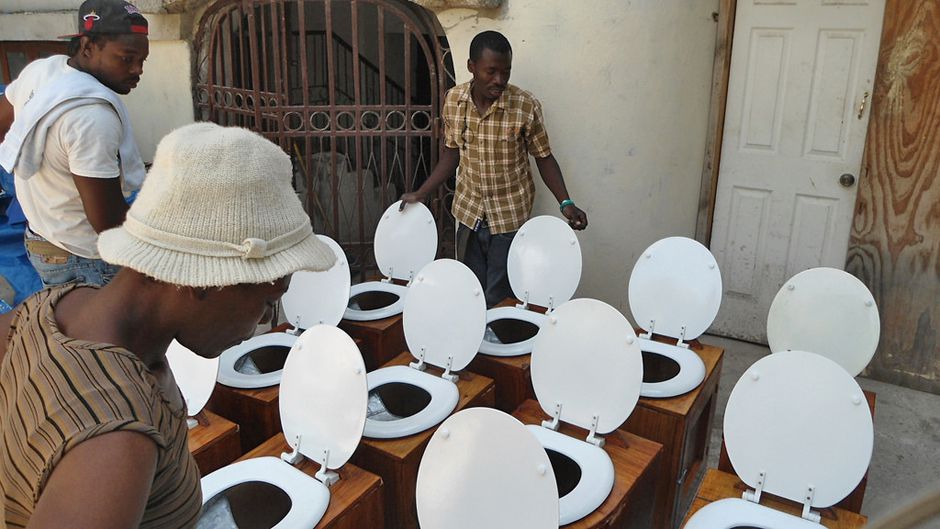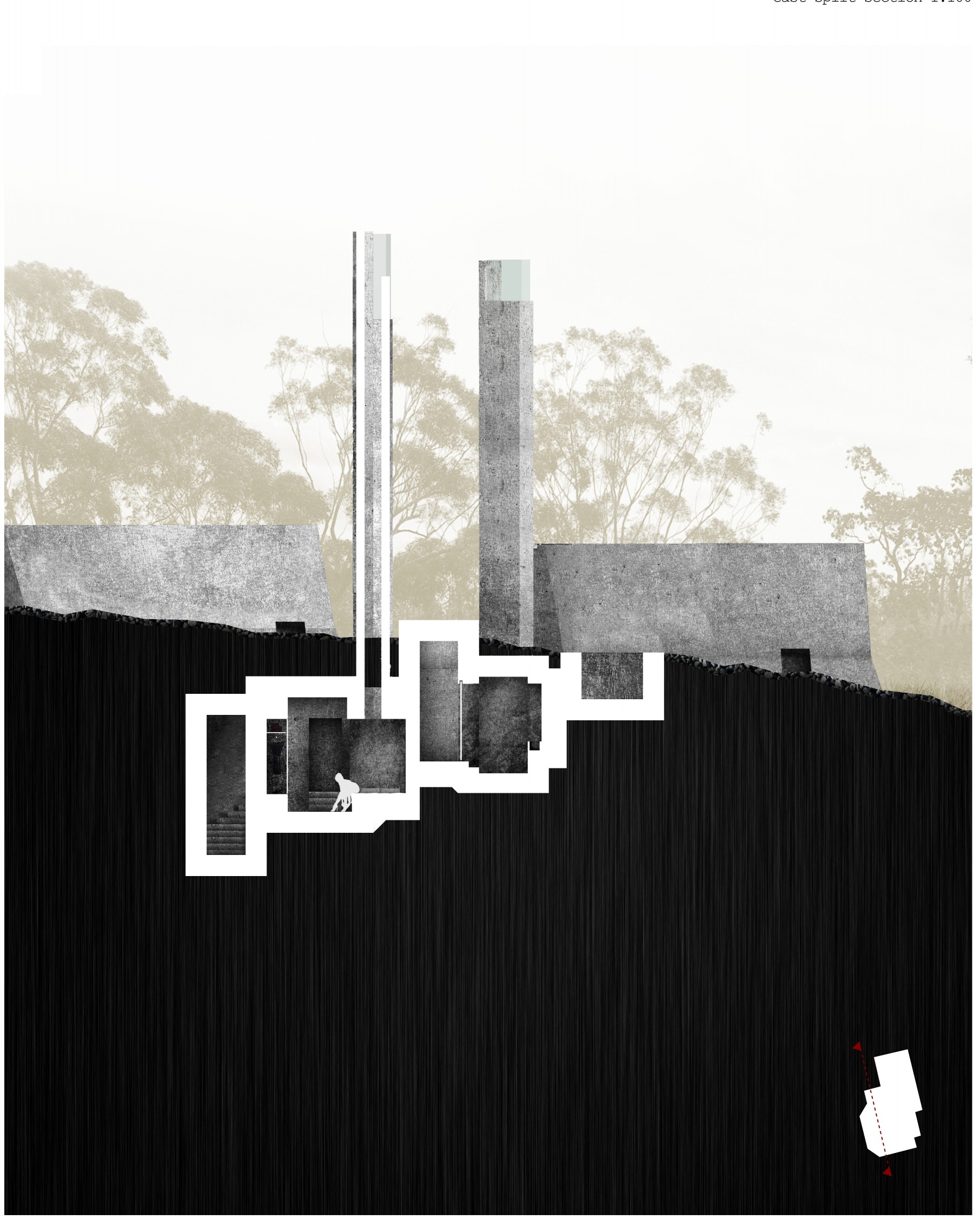In most situations and places, toilets and defecation are taboo topics for discussion. They are at the bottom of the list of topics for dinner table conversations.

Yet 2.4 billion people have no access to toilets in developing countries.
In Indonesia, a country with rapid economic development, it is unacceptable that nearly half the population has no access to a toilet and practises open defecation.
My interest in sanitation and waste management began when I was doing my Bachelor’s Degree in the Environmental Engineering Department at the Institute of Technology Bandung (Indonesia).
Then, after completing a Masters in the Sustainable Development Program of the Built Environment Faculty at the University of New South Wales, I began teaching in the School of Public Health at Udayana University in Bali.
The exposure to public health issues through this new job was my first direct experience of the actual situation in the community. As an engineer, I am very well trained in sanitation technology, from the simplest type to the most advanced.
However, I found that in spite of the country’s rapid modernisation, even something as simple as a basic toilet has not been adopted in rural areas as quickly as other technologies such as television or mobile phones.
Participating in the national program of Community Based Total Sanitation since 2010, and in the Provincial Working Group of Drinking Water and Sanitation in Bali, I realised that encouraging people to use the technologies is even more complex than designing the technology.
It is a multi-dimensional and multi-level issue. The complexity is even greater when we realise that it is not just using the toilet, but ensuring that the waste is safely disposed of.
I am very grateful to receive, for the second time, an Australia Award. My PhD studies at Griffith University in Queensland are focused on conducting research into the determinants of toilet adoption and sustainability in rural areas.
Griffith University’s Centre for Population and Environmental Health has international experience in studying complex issues in public and environmental health, particularly in developing countries.
The Centre has been assisting me to comprehensively understand the determinants of toilet adoption and sustainability in rural areas by integrating individual, cultural, structural, environment and service factors within one framework.
Hopefully the findings from my study and the framework I have used may facilitate communication and collaboration among stakeholders in the sanitation sector, in order to systematically and comprehensively understand and address the issues of sanitation access and sustainability.
I hope I can make a small contribution to the world effort to end open defecation and to provide access to basic toilets for all by 2030.
Know More: Centre for Population and Environmental Health
This article was written for the Federal Government’s Australia Awards, which bring together scholarships and fellowships administered by the Department of Foreign Affairs and Trade, the Department of Education and the Australian Centre for International Agricultural Research. The author is dual Australia Awards scholar and environmental engineer, Ms Ni Made Utami Dwipayanti, who is studying a PhD at Griffith University’s Centre for Population and Environmental Health.






